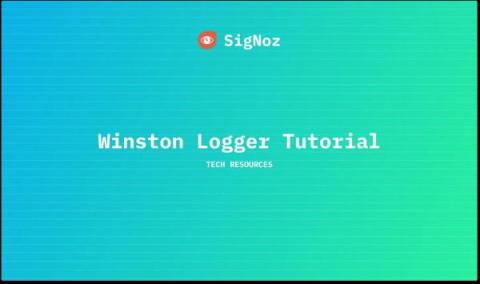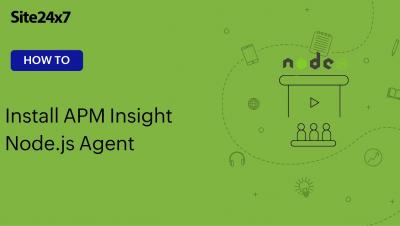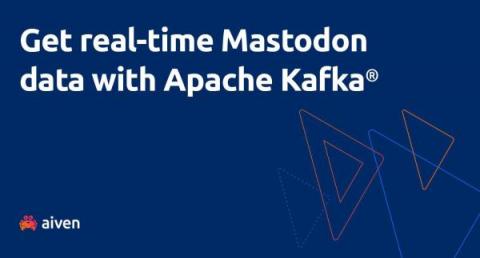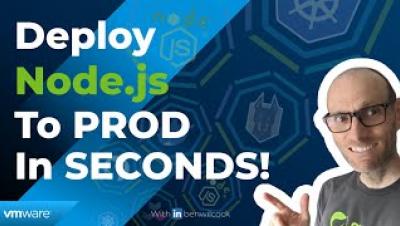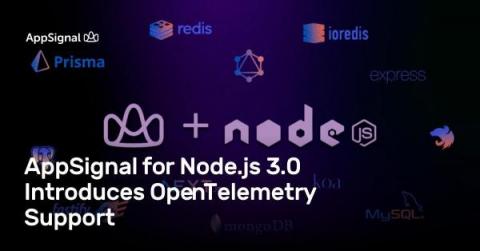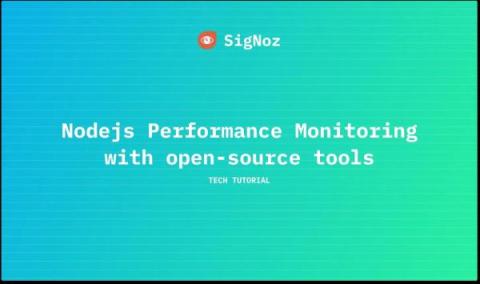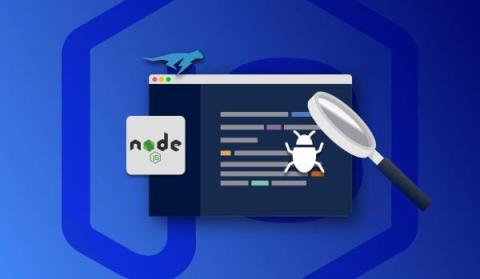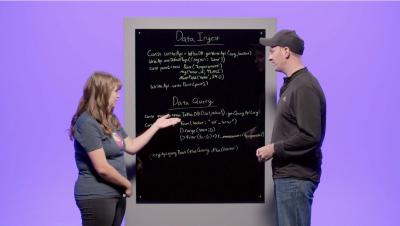Operations | Monitoring | ITSM | DevOps | Cloud
NodeJS
How to install the Site24x7 APM Insight Node.js agent
Local Variables for NodeJS in Sentry
Stack traces show us exactly where an exception occurred, but you can still be left wondering: What arguments or state caused the exception to occur? If you can reproduce the issue locally with a debugger attached you’ll have access to these local variables, but with Sentry you can identify the exception location without needing to reproduce the issue locally. By including local variables with stack traces, Sentry events become much closer to the full debugging experience.
Stream Mastodon data to Apache Kafka using NodeJS and TypeScript
How To Deploy Node.js To Production Kubernetes In Seconds
AppSignal for Node.js 3.0 Introduces OpenTelemetry Support
After a period of beta testing, we're happy to announce the launch of our latest AppSignal for Node.js package. This package features six new integrations and uses the OpenTelemetry framework for reliable telemetry data collection. OpenTelemetry is an open standard that facilitates the instrumentation of standardized telemetry data collection. AppSignal is committed to using OpenTelemetry in new integrations, and our Node.js integration is the first to use the standard.
Solve code-level bottlenecks with Profiling for Node.js
Profiling is an important tool in every developer’s toolkit because it provides a granular view into the execution of your program from your production environment. This is an important concept, as performance bottlenecks can often be very hard or even impossible to reproduce locally due to external constraints or loads only seen in a production environment.
Nodejs Performance Monitoring | Monitor a full-stack Nodejs application with open-source tools
Debugging Node.js HTTP Requests
HTTP is the backbone of all API-centric, modern web apps. APIs are the place where the core business logic of an application lives. As a result, developers spend a lot of time optimizing the API business logic. This article addresses a Node.js developer’s dilemma while debugging an HTTP API request. We take a sample Node.js/Express.js-based HTTP service to demonstrate a new way of debugging Node.js applications using the Lightrun observability platform.


